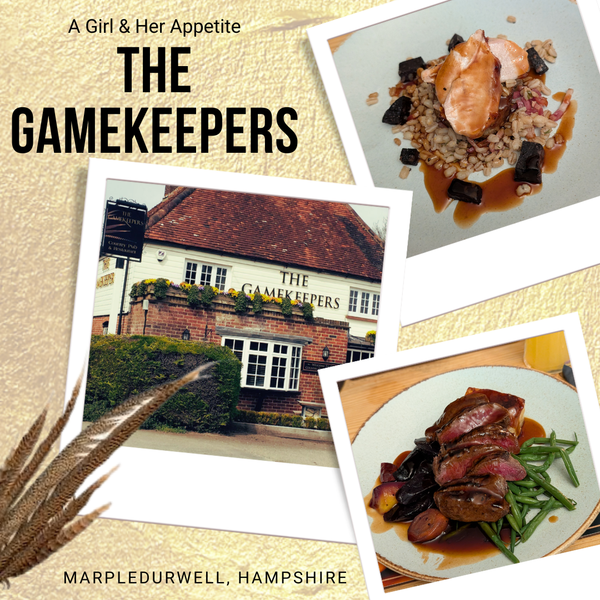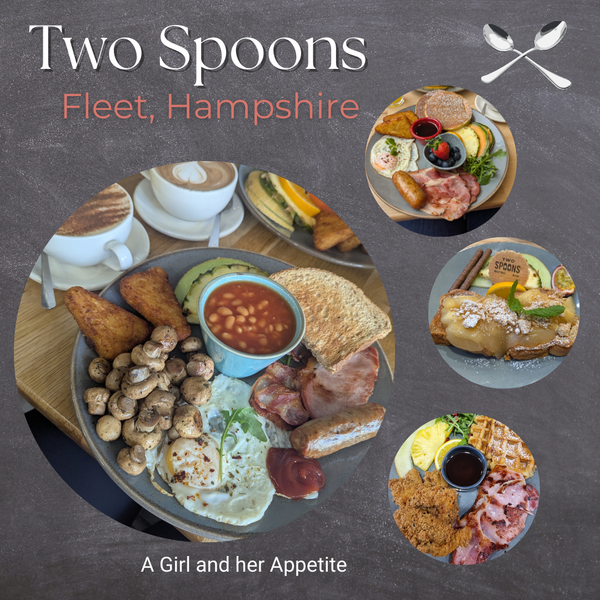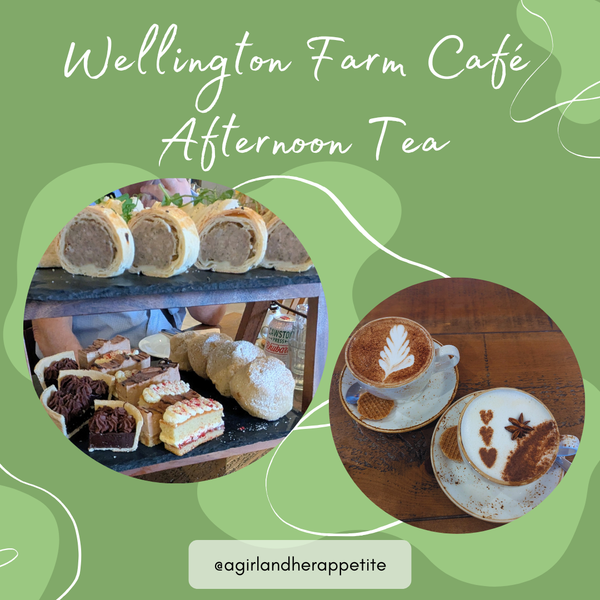How to reduce food waste
Discover my tips & tricks for helping to reduce your food waste. Not only could you make a difference to the environment, you could save money too!
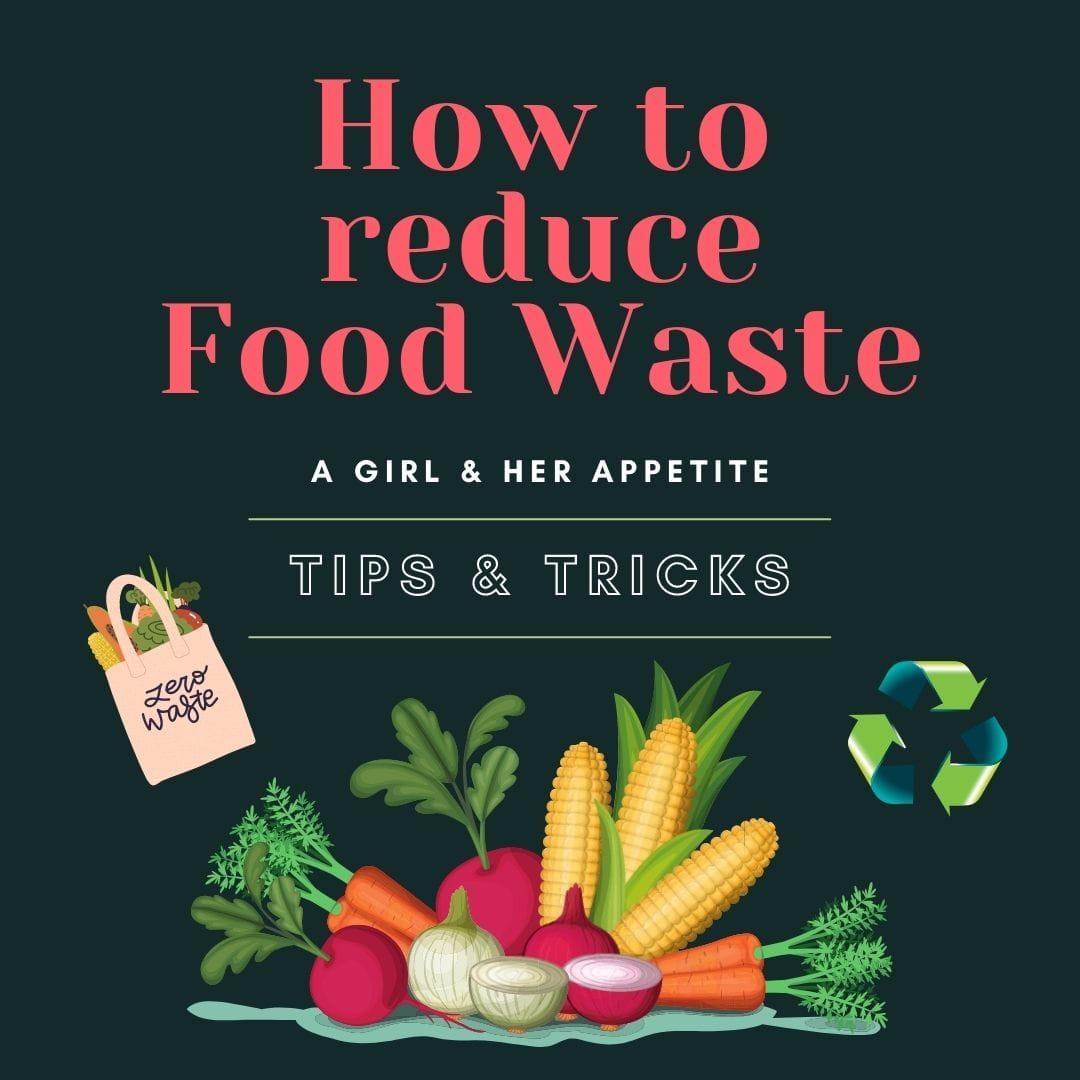
Food waste in the UK and the western world continues to be a considerable issue, which has a significant (if sometimes unseen) impact on our lives. All of us are certainly contributing to the volume of food waste, but with some small, often simple changes we could all help play our part in reducing global food wastage. Plus reducing our food wastage will help us all with the current cost of living squeeze.
Shockingly almost a third of food produced for human consumption is wasted. An element of this is due to problems in production or farming, but over half of food waste occurs at the supermarket, restaurant or in homes. I've listed some tips & tricks to help reduce your food waste, helping the environment and hopefully your budget too!
'Stock take' your cupboards & freezer
Taking an inventory of your cupboards, fridge and freezer is a crucial to know what you have that needs to be used up due to perishability and to prevent things languishing there for years and being past their best! We are all guilty of having items in the bottom of the freezer or back of a cupboard that we put in and months/years later have to bin! I even keep a list of the items in my freezer as it's something that can easily get out of control quickly and I regularly plan to use up items from it. If you have a plentiful store cupboard try to have one day a week where you make meals to use up some items, this can be supplemented with fresh food or maybe make a creative stand alone meal.
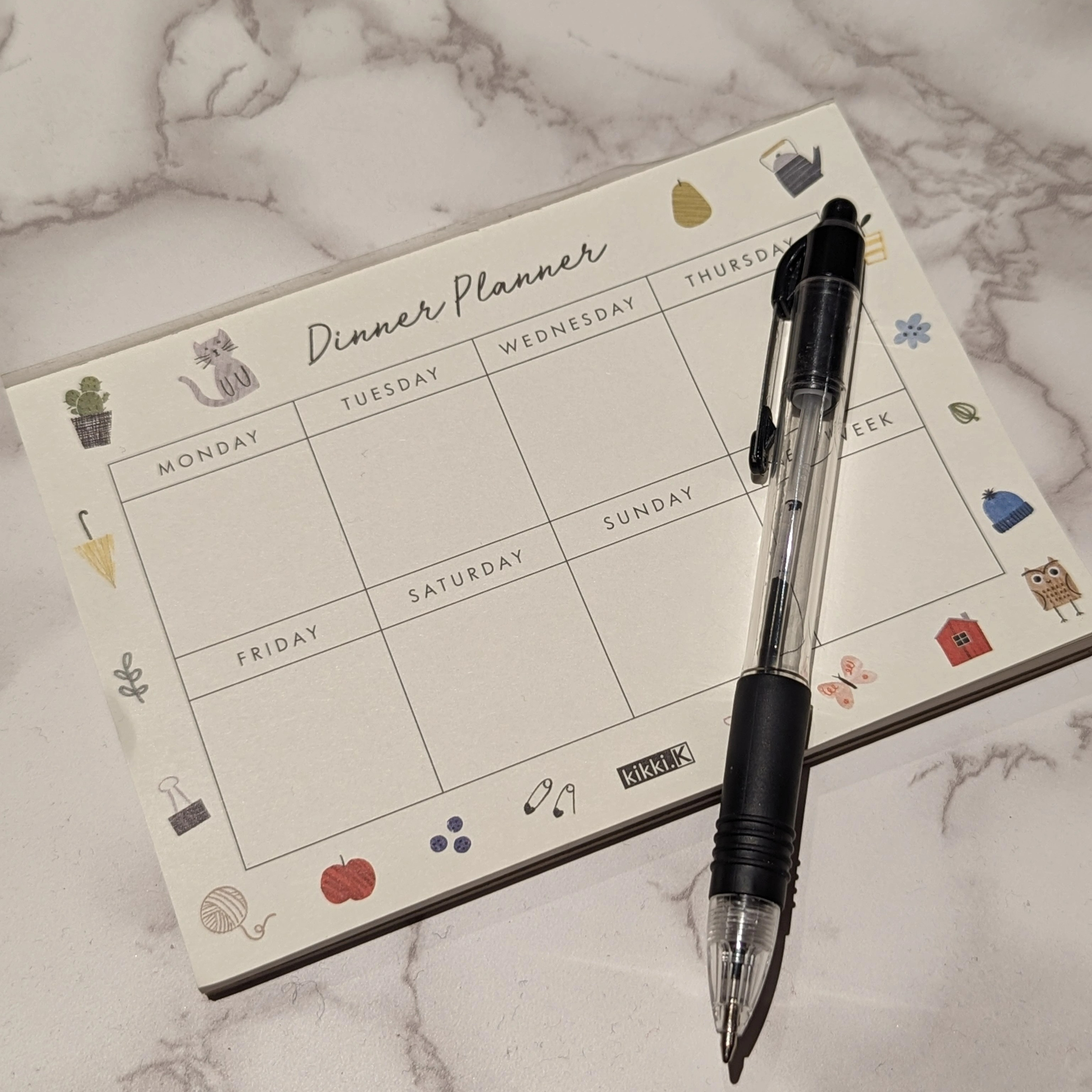
Plan your Meals!
Making a weekly (or even monthly!) meal plan will help you buy only what you need to, avoiding surplus food being wasted and reducing impulse buys that can really add to the cost of your shopping! By meal planning you can also ensure you plan to use up leftover ingredients across a week's recipes, without making it repetitive.
For instance if you plan to make a roast on Sunday & know you will have leftovers, plan to use those for the next day or two in varied meals. I love to use up leftover roasted veg and meat in a homemade Yorkshire pudding wrap, lunchtime salads and you generally can't go wrong with a curry or soup.
Importantly, I don't plan for 7 days a week. Life is hectic and plans change - so I tend to plan for 5-6 days a week, which means I can still do last minute meals out or not feel like cooking a meal after a long day at work and not waste food. Instead I always have a staple meal in the back of my head that I can make for a satisfying dinner without risking food wastage - e.g. a fish finger sandwich with leftover veggies or a jacket potato with beans. Over time you'll learn how much food you need to buy and reduce your food wastage to fit your lifestyle.
Store Food Properly
Once you've planned and purchased your groceries, storing them properly will keep it all at it's best until you are ready to cook with it. Rotate items in the cupboard so you will use those with the shortest expiration date first. I invested in some airtight containers for dried goods, to keep them fresher for longer than in partially split packets (it also means you should avoid having spilt rice and flour in the cupboard too!).
Learn which items are best stored in the fridge and how to best preserve them in the fridge as well. For instance, standing asparagus and herbs in a jar with a few centimetres of water, or storing spinach in a ventilated food storage box. Take vegetables out of plastic packaging into mesh food bags, or stackable Tupperware. It is worth picking up some specific storage items that you can find cheaply in many stores now to help keep your food fresh and avoid wasting it.
Love your freezer!
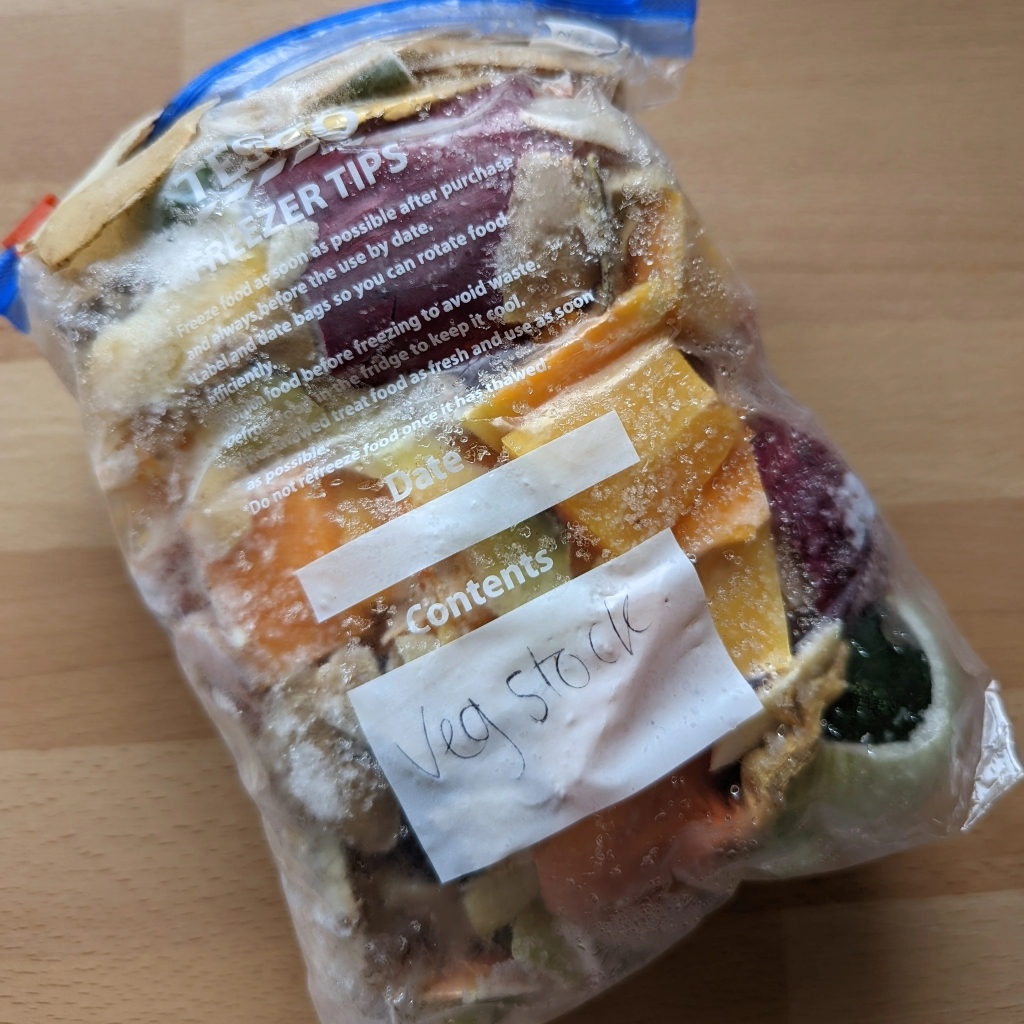
A key to my unplanned days is my freezer, which I always keep stocked with some easy items in to make a last minute meal from and some batch cooked meals. Batch cooking is a great way to save costs on ingredients, energy for cooking and your time. It's a great feeling to have a homecooked, delicious meal for a night when you are short on time or desire to cook because you thought ahead! Dishes like curries, Bolognese, chilli and more are fantastic to make in big batches and store in the freezer in the perfect portion sizes for another day. I love the Souper Cubes for this as they are the perfect portion and reusable.
Using frozen fruits and vegetables is also a fantastic way to cut costs and lower food wastage as you can simply cook the amount you need at a time and they are just as nutritious as fresh produce. Plus you can freeze a lot of leftover produce from your fridge if your plans change or you end up with too much - I chop up onions & celery before they go off and freeze it to use in future recipes straight from the freezer. Chillies I freeze whole as they are amazing to grate straight into food from frozen! I also keep a bag for vegetable peelings in the freezer and when full I'll use it to make a vegetable stock so nothing goes to waste! You can also freeze milk, cheese, eggs and so much more - google is full of how to's to make the most of your freezer!
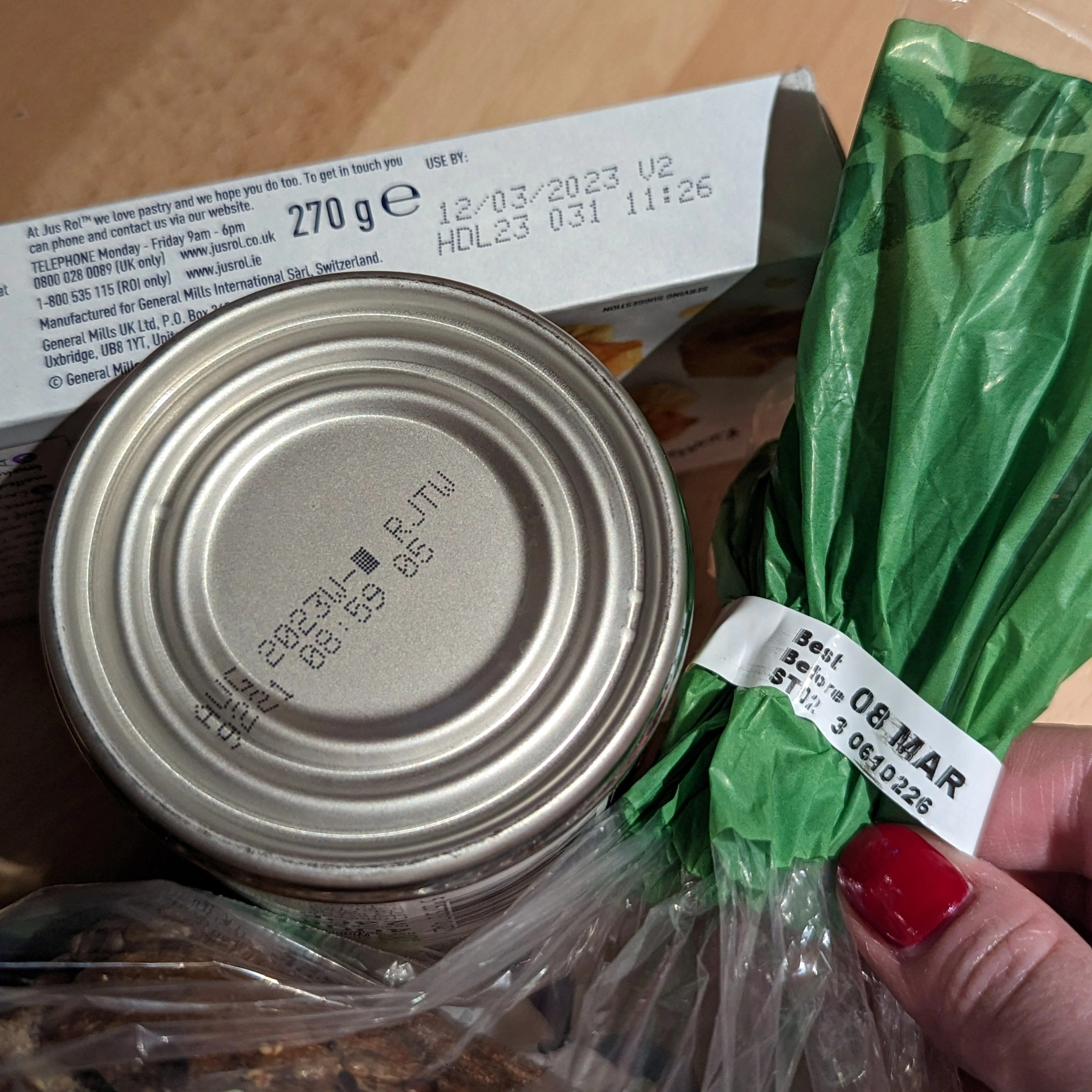
Understand Food Labels
To avoid food waste it's important to understand the food labels we see on produce, although increasingly supermarkets are removing these from items in a bid to help reduce unnecessary waste. Sell by dates are for store display purposes and don't provide the consumer with any safety information.
Best Before dates are provided to give an indication of when to use the item for the best flavour and quality. In many cases you can eat the item after this and experts advise we should use common sense to decide if we can still eat an item past it's best before date. Statistics show that many people throw food out past it's best before that is entirely edible and it could be costing households an estimated 470 a year! However, you should not eat food past it's use by date as these are documented on food in relation to the safety of using the item, eating it beyond this could be unsafe.
Food Saving Apps - Oddbox, Too Good to Go and More
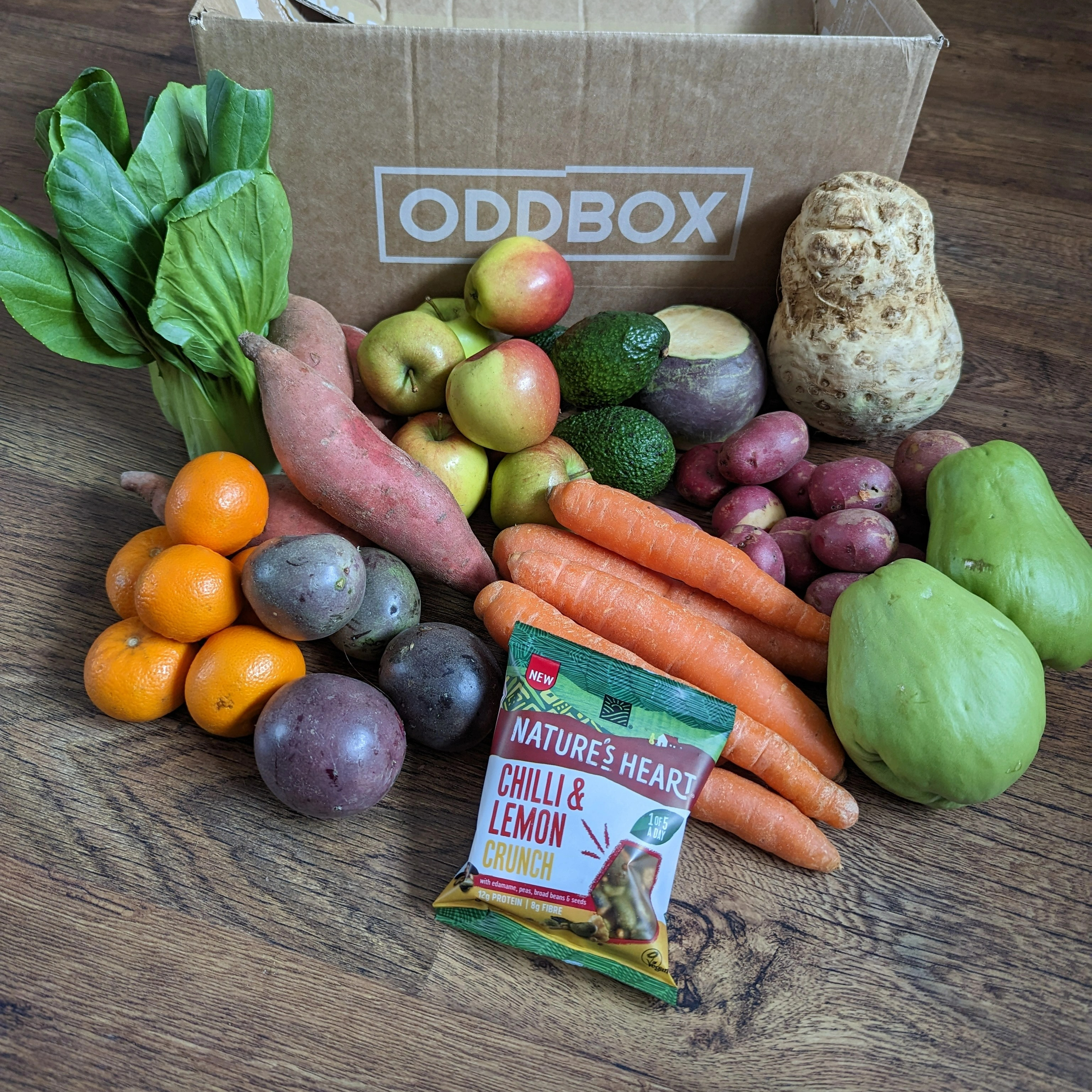
Increasingly there are many food saving initiatives and apps out there for us to use. These aim to reduce food wastage in the production, groceries and restaurant industries and can be a great way to cost save as well.
Oddbox aims to deliver 'odd' fruit and vegetables to your door that would otherwise go to waste. By normalising seasonal and 'ugly' produce that doesn't meet supermarket standards but is just as delicious it saves brilliant food from landfill. I've written a full blog post on the wonderful Oddbox here.
Too Good To Go app enables you to purchase mystery magic bags from local supermarkets, convenience stores and restaurants directly that they have spare at the end of the day. These vary by location, but by me I can collect grocery bags, breakfast bags from local hotels, plenty from the local coffee shops and even cake bags from some of my favourite bakeries! The contents are a mystery and hugely vary, but will contain items that should be X value for considerably less whilst saving them from being binned. Below are some examples of what I've saved, many lasting me for multiple meals!
Supermarkets themselves have also started to expand their 'yellow label items' to boxes of good to eat but past their best fruit and veg boxes as well recently. I've yet to find one in a local store to try but I will be keeping my eyes peeled for them!
Be creative & have fun cooking!
Importantly whilst trying to reduce your food waste & save money, be creative! Try a new recipe that you've never tried before and have fun coming up with new ways to upcycle your foods! Repurposing can be practical, but it can also be adventurous by adapting recipes to use what you have instead of the set ingredients (veggies are often substitutable in plenty of recipes!) and upcycle purchases rather then chucking them away. For instance I came up with some really fun ways to upcycle your hot cross buns that may be past their best but are still entirely edible - see them here! You could also task the kids with coming up with creative ways to eat leftovers - they may have some interesting ideas!
None of us will be perfect in ending food waste, but if we can all try to reduce our food waste little by little it'll make a big impact on so many things, including our bank balance!
Do you have any tips and tricks for reducing food waste? Share them in the comments below!
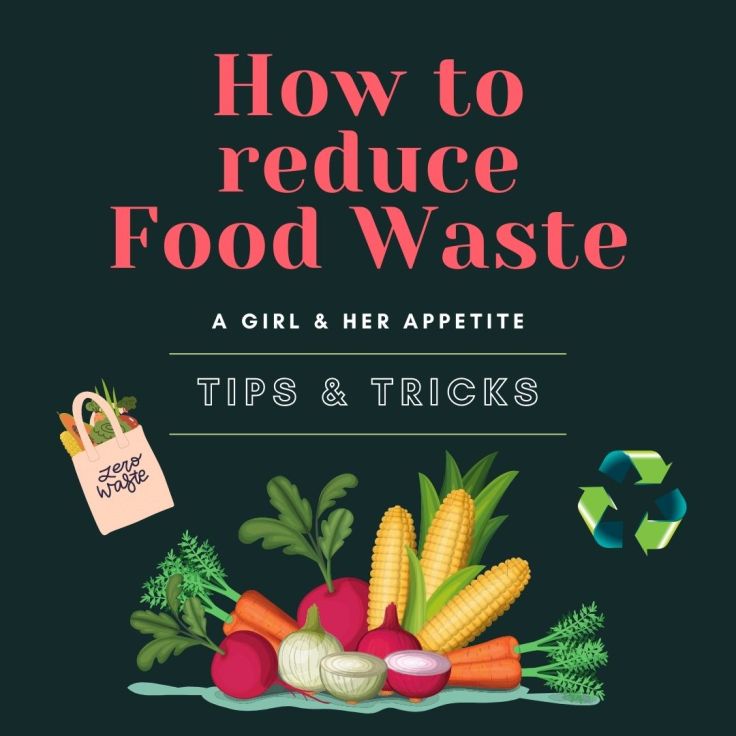
If you've like this post you may also like:



